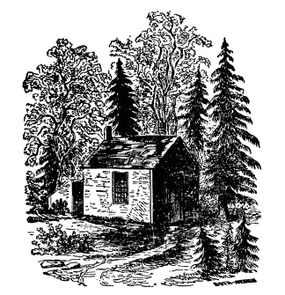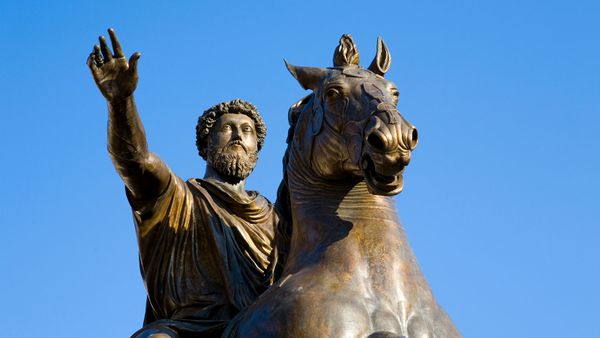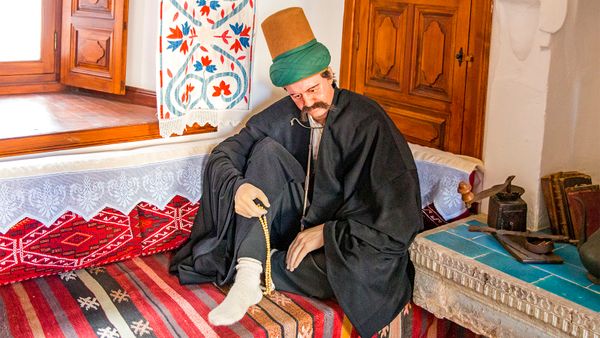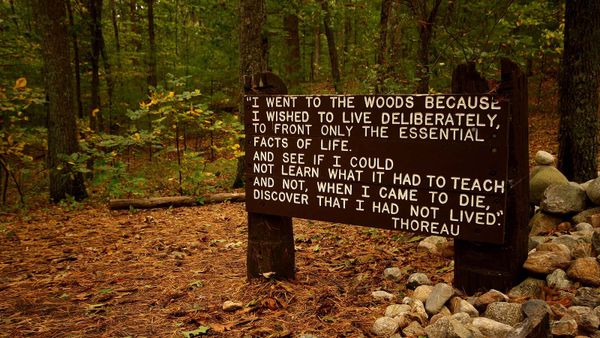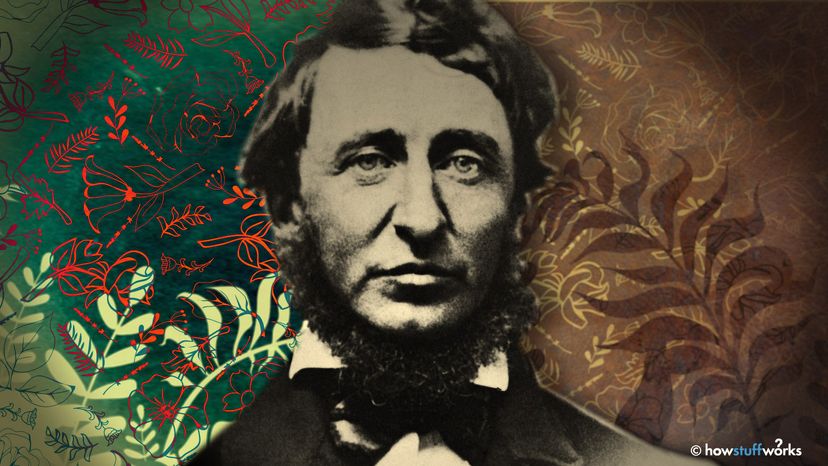
Henry David Thoreau is one of America's most beloved and misunderstood writers. He's famous for retreating to a rustic cabin at Walden Pond in the Massachusetts woods for two years to ruminate on nature and philosophy, but Thoreau wasn't a hermit or a cranky misanthrope. He was, in a word, a "questioner," says Jeffrey S. Cramer, curator of collections at the Thoreau Institute at Walden Woods, and author or editor of nearly a dozen books about Thoreau and his Transcendentalist friend Ralph Waldo Emerson.
"Thoreau is constantly asking questions in his own writings, both to himself and to his reader, that make you evaluate your life and how you're living it," says Cramer. "If you ask yourself some of the questions that Thoreau asks in his writing and try to answer them honestly, it will, I believe, direct you toward being a better human being."
Advertisement
Born in 1817 in Concord, Massachusetts, Thoreau never married and worked as a teacher, lecturer, handyman, pencil-maker (his father's business) and a writer. His best-known works, "Walden" (1854) and "Civil Disobedience" (originally titled "Resistance to Civil Government" in 1849) weren't bestsellers in his lifetime, but have since become classics of American prose and guidebooks for truth-seekers of all ages.
The few surviving photographs of Thoreau show a dour-looking man with tousled hair and a neck beard, but Cramer says that Thoreau was far from a sourpuss. He had a tremendous sense of humor, was beloved by children for telling wild stories and even played pranks on his buddy Emerson.
If you're still on the fence about Thoreau (pronounced "Thó-row," by the way, with the accent on the first syllable), read the following five quotes that exemplify the straight-talking depth of one of America's most influential thinkers and writers.
Advertisement
